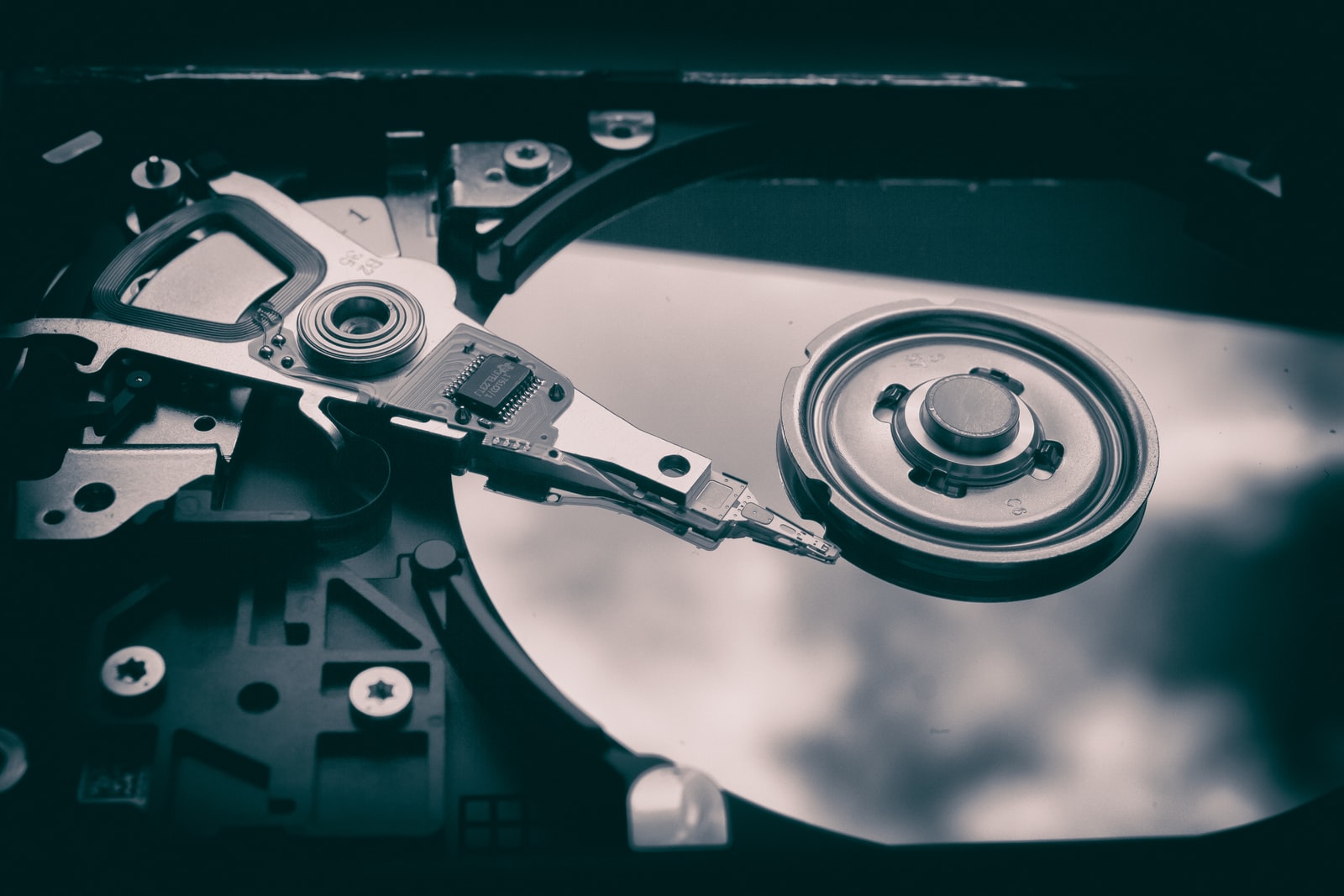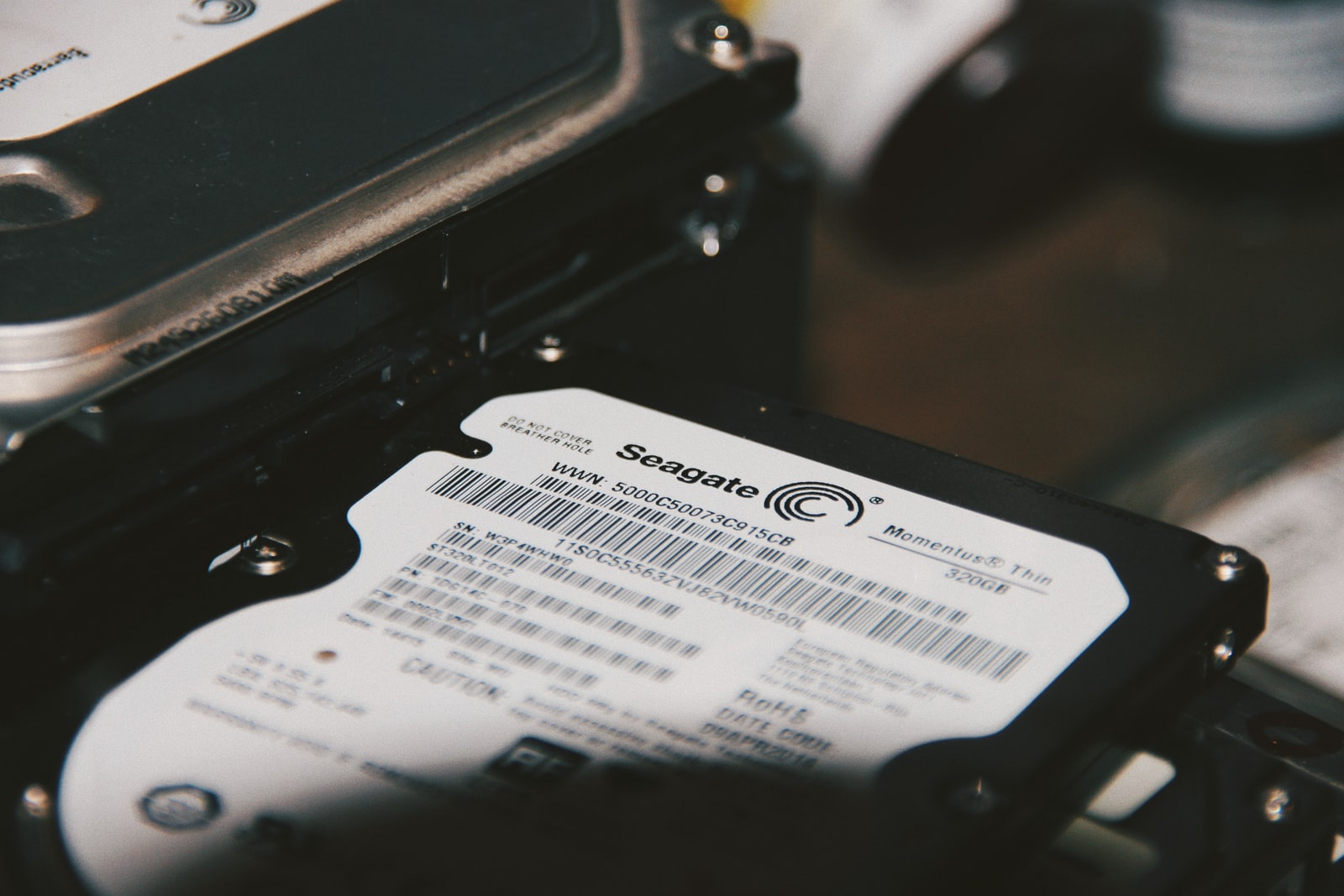To keep your computer running at full speed, you need to defragment and optimize drives regularly. There are two ways to do so: through Windows or a third-party utility.
Knowing the difference between these two methods will help you choose which one is best for your needs. That is why we will explain more about how to defragment and optimize drives.

Contents
What Is The Difference Between Defrag And Optimize?
Defragmenting and optimization are two different processes that require quite a different set of actions. Both operations help keep your hard disk operating at its best, maximizing the speed and efficiency of your computer’s read/write functions.
The main difference between these two processes lies in how they function: Defragmentation removes any fragmented files on your drive so that they can be accessed by your PC more quickly, whereas optimization optimizes the files that are already on your Drive.
Does Defragging Speed Up Hard Drive?
Defragging is simply rearranging the information, so they make more sense in their disk placement. There are very little concerns when you defragment and optimize drives.
High-performance computer systems consist of many parts, including the motherboard, CPU, memory, and hard drives. To get the most out of your computer, you must ensure that these components communicate well with each other.
If there is a breakdown in communication between one of these parts, it will affect your entire PC’s performance. Defragging helps with that issue.
In reality, your defragging and optimizing work hand in hand. When you defragment a hard drive, you are optimizing it at the same time. So to answer the question, “what happens when you optimize drive?” The answer lies in the defragment of the system mentioned earlier.
Do You Lose Data When Defragmenting?
Generally, you don’t lose data when you defragment your hard drive. However, it can happen if the hard drive has a hardware-related issue you aren’t aware of before starting the process.
Another way to lose data is through a power loss. If the electricity goes out or your battery dies in the case of a laptop, that could cause an issue. If you use the default windows option on your computer, you should be fine.
So, is defragging safe? Yes, defragging is safe once you know what to do and your system is working correctly. Be sure to know how to defragment and optimize drives.
Should I Optimise And Defragment Drive?
If you want your hard drive to perform well, you should occasionally optimize and defragment it. This method allows your system to work better, taking less time to perform actions.
Defragging on SSDs (Solid State Disk Drive) differs much from HDD (Hard Disk Drive). HDDs are at a better advantage from defragging than SSDs. SSDs will die faster from this method.
Should I defragment my SSD? No, you shouldn’t defrag an SSD; they will work just fine and have nothing to compact due to their makeup. An SSD is a flash memory storage device.
Defragment And Optimize Drives-The Facts
Learning how to defragment and optimize drives is vital before you destroy your device and lose valuable information.
Though it can be a simple process, many mistakes are made, which leaves persons in dire straits. There are a few things to consider when looking to defragment your system.
You should follow instructions carefully and be aware of any issues with your device as it begins the process. If you are using a laptop, be sure it’s plugged into a power outlet and has a full battery in case of an outage.
If you have a desktop, it would be wise to have a backup battery in case of an outage. This step will prevent data loss and damage to your device.
Can I use PC While Defragmenting?
It is possible to use your system when the defragmentation process is ongoing. Just remember that the process will use resources; if your system lacks sufficient power to run that and anything else, it will slow down.
To maximize the time it takes to defrag and still use your device, be sure to have enough memory and CPU output to handle both. This is another important fact when you defragment and optimize drives.
Defragment And Optimize Drives-How Often Should I Defrag?
According to experts, you should defrag your HDD at least once monthly, though this may depend on how regularly you use the system. If your computer spends more time idle than storing information, it will be less likely that it needs defragging.
Does Windows 10 Automatically Defrag?
Windows 10 will automatically optimize your drive when you want it to do so. The OS allows users to choose when they want the hard drive defragged and automatically does it for you.
Does Defrag Slow My Computer Down?
Defragmenting moves parts together to create a contiguous file or free space. This action speeds up your computer and makes it run more smoothly. However, optimization may slow down performance if your hard drive is nearing capacity.
If you run a lot of programs and work with a lot of memory, then the chances are that your hard drive could be slowing down. By running a defragmentation program, you can split up all the files on your system and then reassemble them into an organized list.
Do Modern Computers Need Defragmenting?
Due to the latest technology available in newer computers, defragging is becoming less necessary. Persons who still use massive hard drives to store data will need one, but you can find SSDs with a considerable amount of storage.
However, many PC enthusiasts prefer to use an SSD to run their operating system and store their data on an HDD. This method allows the system to work faster and pull any data it needs when ready.
That being said, defragmentation will be around as long as this technique remains trending. What are the disadvantages of defragmentation? To be honest, there are none if you follow the protocols.
Defragment And Optimize Drives-Conclusion
You should defragment and optimize drives to work better. This method means that when something needs to use those files, it can access them more quickly than before.
If your computer is nearing capacity and updated software or applications start taking up more space, then defragmenting would help in such cases. Anyone who owns a computer should know how to defragment and optimize drives.

